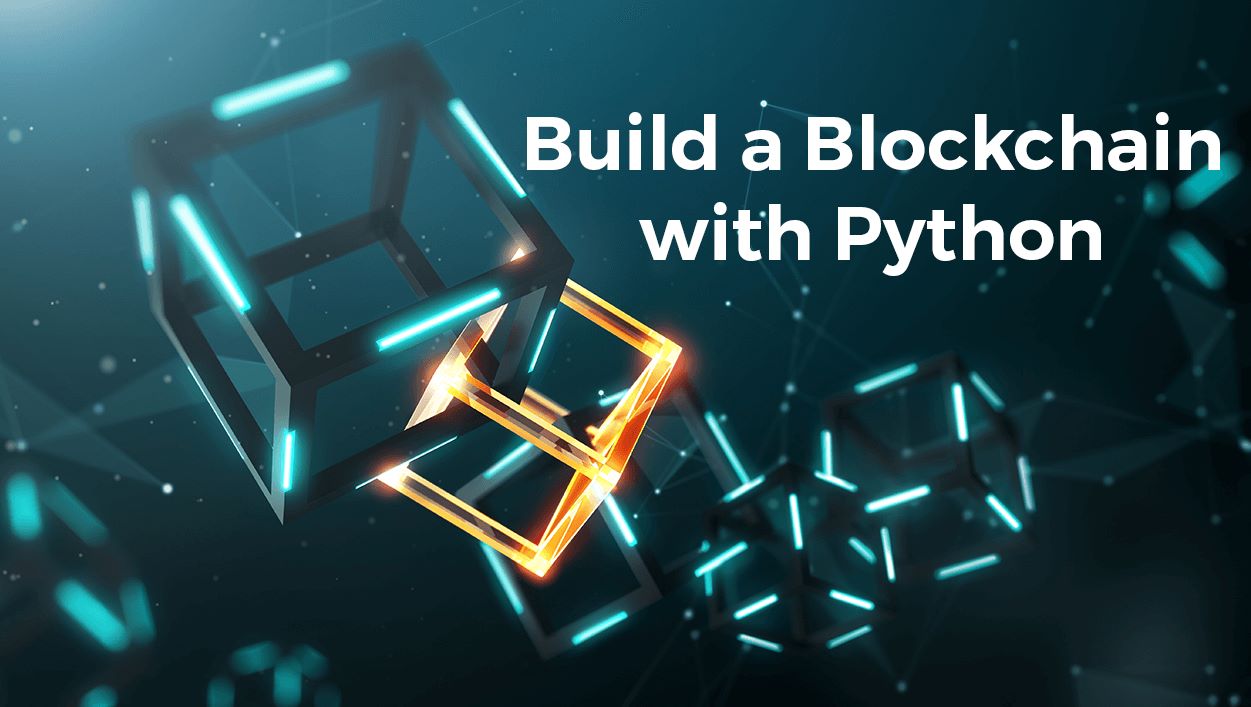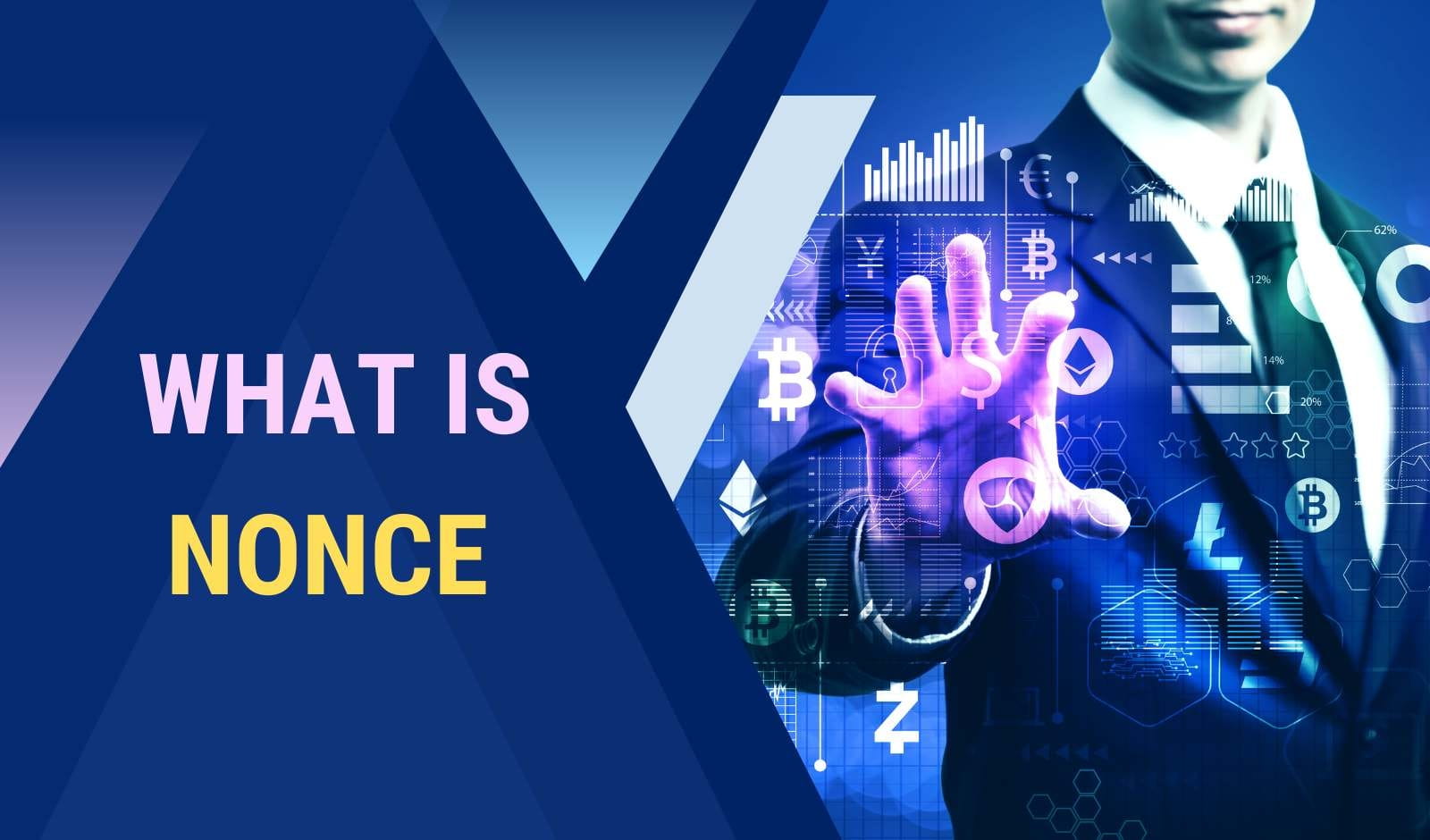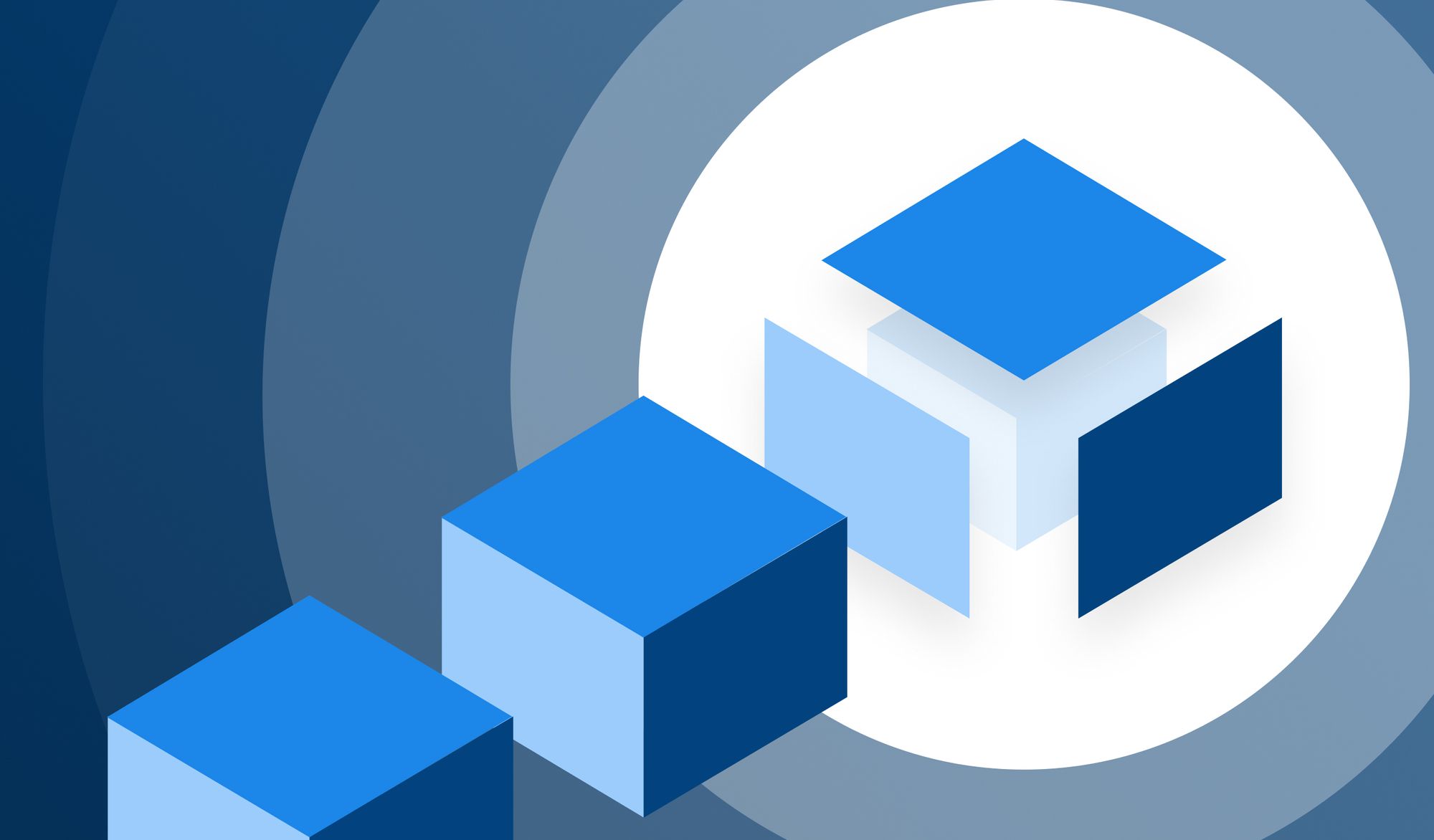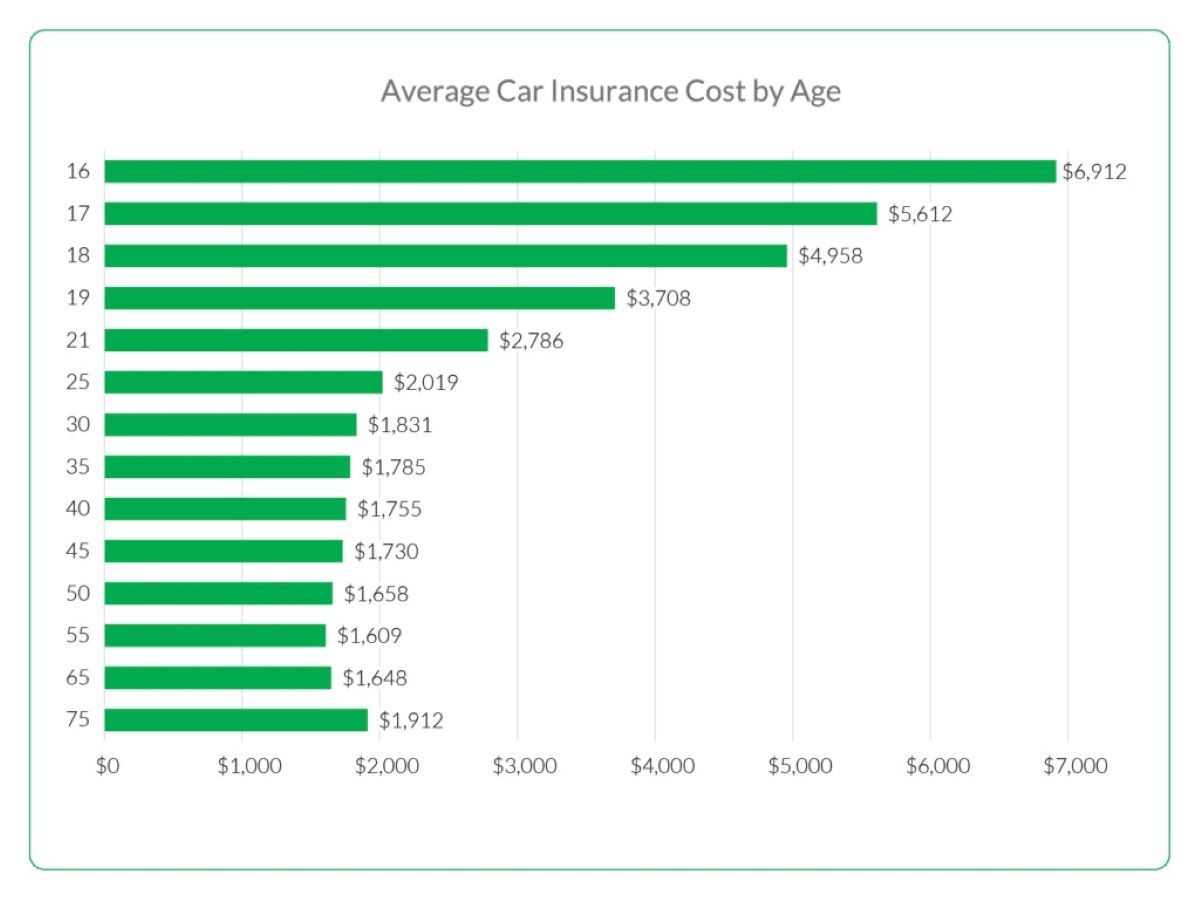

Finance
What Is A Blockchain Engineer
Published: October 23, 2023
Discover the role of a blockchain engineer in the finance industry and gain insights into the skills and expertise required for this innovative career path.
(Many of the links in this article redirect to a specific reviewed product. Your purchase of these products through affiliate links helps to generate commission for LiveWell, at no extra cost. Learn more)
Table of Contents
Introduction
Blockchain technology has emerged as one of the most transformative technologies of the 21st century, disrupting industries and revolutionizing the way we conduct transactions, share information, and secure data. At its core, a blockchain is a decentralized and distributed ledger that records transactions across multiple computers. This technology enables transparency, immutability, and security, making it ideal for applications such as financial services, supply chain management, healthcare, and more.
With the rise of blockchain technology, there is an increasing demand for skilled professionals who can develop, implement, and maintain blockchain-based solutions. This is where the role of a blockchain engineer comes into play. A blockchain engineer is responsible for designing and building blockchain solutions, ensuring their efficiency, security, and scalability.
In this article, we will delve into the world of blockchain engineering, exploring the skills required, the education and certifications needed, the job opportunities available, and the potential salary and career growth prospects.
Overview of Blockchain Technology
Blockchain technology, often referred to as the “technology behind Bitcoin,” is a decentralized and distributed ledger that records transactions across multiple computers. Unlike traditional systems where a central authority is responsible for verifying and validating transactions, a blockchain relies on a network of computers (nodes) to reach a consensus and validate transactions in a transparent and secure manner.
One of the key features of blockchain technology is immutability. Once a transaction is recorded on the blockchain, it cannot be altered or deleted, providing a high level of security and trust. Additionally, blockchain technology offers transparency, as every participant in the network has access to the complete transaction history.
Blockchains can be categorized into two main types: public and private. Public blockchains, such as Bitcoin and Ethereum, are open to anyone and can be accessed and verified by anyone. On the other hand, private blockchains are restricted to a specific group of participants, making them more suitable for enterprise-level applications.
The applications of blockchain technology extend beyond cryptocurrencies. Various industries, including finance, supply chain management, healthcare, and voting systems, are leveraging blockchain to streamline processes, increase transparency, and enhance security. For example, in the finance industry, blockchain technology is being used for seamless cross-border payments, trade finance, and smart contracts.
In summary, blockchain technology is a revolutionary concept that has the potential to transform industries by offering transparency, security, and efficiency. Blockchain engineers play a crucial role in harnessing the power of this technology and building innovative solutions that can reshape the future of various sectors.
Role of a Blockchain Engineer
A blockchain engineer is a highly skilled professional responsible for developing and implementing blockchain-based solutions. Their role involves designing, building, and maintaining decentralized applications (DApps), smart contracts, and other blockchain-related systems. Here are some key responsibilities of a blockchain engineer:
- Designing blockchain solutions: Blockchain engineers need to understand the requirements of the organization and design blockchain solutions that address their specific needs. They analyze existing processes and systems to identify areas where blockchain technology can enhance efficiency, transparency, and security.
- Developing decentralized applications: Blockchain engineers utilize programming languages such as Solidity, Java, or C++ to develop decentralized applications (DApps) that run on the blockchain. They create the front-end and back-end components of the DApps, ensuring smooth functionality and user experience.
- Implementing smart contracts: Smart contracts are self-executing contracts with the terms of the agreement written directly into the code. Blockchain engineers are responsible for creating and deploying smart contracts on the blockchain, ensuring accuracy and security.
- Integrating blockchain with existing systems: In many cases, organizations already have existing systems and databases in place. Blockchain engineers need to integrate the blockchain technology with these systems, ensuring seamless data flow and interoperability.
- Ensuring security and scalability: Security is of utmost importance in blockchain systems. Blockchain engineers implement robust security measures to protect the integrity of the blockchain network and ensure the privacy of user data. They also optimize the system for scalability, ensuring it can handle a large number of transactions.
- Collaborating with cross-functional teams: Blockchain engineers work closely with other team members, including product managers, designers, and other developers, to ensure the successful implementation of blockchain solutions. They collaborate to define project requirements, troubleshoot issues, and test the functionality of the system.
Overall, the role of a blockchain engineer is crucial in leveraging blockchain technology to create innovative solutions that address complex business challenges. With their expertise in blockchain development, these professionals are at the forefront of driving the adoption of blockchain technology across various industries.
Skills Required for a Blockchain Engineer
Being a blockchain engineer requires a diverse skill set that combines technical expertise, problem-solving abilities, and a strong understanding of blockchain principles. Here are some key skills required for a blockchain engineer:
- Blockchain fundamentals: A solid understanding of blockchain technology is essential. Blockchain engineers should be familiar with concepts like distributed ledger technology, consensus algorithms, smart contracts, and cryptographic techniques.
- Programming languages: Proficiency in programming languages is crucial for building blockchain solutions. Commonly used languages include Solidity for Ethereum, Java, C++, and Python. Knowledge of JavaScript and web development frameworks like React or Angular is also beneficial for creating frontend interfaces for decentralized applications.
- Smart contract development: Blockchain engineers need expertise in developing and deploying smart contracts on blockchain platforms like Ethereum. They should have a deep understanding of Solidity, the programming language used for writing smart contracts, and be able to implement secure and efficient smart contract code.
- Cryptography: A strong foundation in cryptographic algorithms and protocols is essential for securing data on the blockchain. Blockchain engineers should be familiar with cryptographic hashing, digital signatures, encryption, and key management techniques.
- Networking and distributed systems: Understanding networking protocols and distributed systems is crucial for designing and implementing blockchain solutions. Blockchain engineers should have knowledge of concepts like peer-to-peer communication, network security, and consensus mechanisms.
- Problem-solving and analytical thinking: Blockchain engineers encounter complex challenges in their work. They need to be skilled in problem-solving and possess analytical thinking abilities to troubleshoot issues, optimize performance, and ensure the scalability and efficiency of the blockchain network.
- Attention to detail: Given the irreversible nature of transactions on the blockchain, attention to detail is vital. Blockchain engineers must carefully review code, contracts, and configurations to ensure accuracy and minimize the risk of vulnerabilities or errors.
- Continuous learning: The field of blockchain is rapidly evolving. It is crucial for blockchain engineers to stay updated with the latest advancements, tools, and frameworks in the industry. They should be eager to learn and adapt to new technologies and trends.
In addition to these technical skills, effective communication, teamwork, and adaptability are also valuable in the role of a blockchain engineer. Being able to collaborate with cross-functional teams, communicate complex concepts to non-technical stakeholders, and adapt to changing project requirements are essential for success in this field.
Overall, a combination of technical expertise, problem-solving abilities, and a keen curiosity for learning new technologies is essential for becoming a skilled and successful blockchain engineer.
Education and Certifications for a Blockchain Engineer
While there is no specific educational path exclusively for blockchain engineering, a strong educational background in computer science, software engineering, or related fields is highly beneficial for aspiring blockchain engineers. Here are some educational considerations for those interested in pursuing a career in blockchain engineering:
- Bachelor’s or Master’s Degree: Many blockchain engineers hold a bachelor’s or master’s degree in computer science, computer engineering, or a related field. These programs provide a strong foundation in programming, data structures, algorithms, and other fundamental concepts of software development.
- Blockchain-related courses: Several universities and online learning platforms offer specialized courses and programs focused on blockchain technology. These courses cover topics such as smart contract development, decentralized application development, and blockchain security. Completing such courses can provide a deeper understanding of blockchain technology and its applications.
- Self-directed learning: Blockchain technology is constantly evolving, so self-directed learning is crucial for staying up-to-date with the latest trends and developments. Blockchain engineers should continuously expand their knowledge by exploring resources like online tutorials, whitepapers, developer communities, and attending blockchain conferences.
- Certifications: Earning relevant certifications can enhance the credentials of a blockchain engineer and demonstrate their expertise in the field. Certifications like Certified Blockchain Developer (CBD), Certified Blockchain Engineer, or Certified Ethereum Developer offer validation of skills and knowledge in blockchain development and can be advantageous in job applications.
- Participation in blockchain projects: Hands-on experience in blockchain projects can be invaluable in developing practical skills as a blockchain engineer. Contributing to open-source projects or participating in hackathons focused on blockchain technology can provide real-world experience and showcase your abilities to potential employers.
It’s important to note that while education and certifications can provide a strong foundation, practical experience and a deep understanding of blockchain technology are equally essential. Blockchain engineers often rely on self-study, tutorials, and practical experimentation to gain proficiency in specific blockchain platforms and development frameworks.
Ultimately, a combination of formal education, specialized blockchain courses, certifications, self-directed learning, and practical experience will equip you with the knowledge and skills needed as a blockchain engineer. Continuously expanding your knowledge and staying abreast of emerging trends and technologies will be key to success in this rapidly evolving field.
Job Opportunities for Blockchain Engineers
The demand for blockchain engineers has been steadily growing as more industries recognize the potential of blockchain technology. Here are some job opportunities available for blockchain engineers:
- Blockchain Developer: This role focuses on developing and implementing blockchain-based applications and smart contracts. Blockchain developers use programming languages like Solidity, Java, or C++ to build decentralized applications (DApps) and integrate them with existing systems.
- Smart Contract Developer: Smart contracts are self-executing contracts with the terms of the agreement written directly into the code. Smart contract developers specialize in writing, testing, and deploying smart contracts on blockchain platforms like Ethereum. They ensure the accuracy, security, and efficient execution of smart contract code.
- Blockchain Consultant: Blockchain consultants provide guidance and strategic advice to organizations looking to implement blockchain solutions. They assess the feasibility of using blockchain technology, analyze business processes, and suggest appropriate blockchain strategies for clients.
- Blockchain Architect: Blockchain architects design the overall structure and framework of blockchain systems. They work closely with stakeholders to identify business needs, define technical requirements, and design the appropriate architecture that ensures scalability, security, and interoperability.
- Blockchain Project Manager: As the adoption of blockchain technology increases, the need for project managers with blockchain expertise is also growing. Blockchain project managers oversee the planning, execution, and delivery of blockchain projects, ensuring alignment with business goals, managing resources, and ensuring successful implementation.
- Blockchain Security Analyst: Blockchain security analysts focus on identifying and mitigating security vulnerabilities in blockchain systems. They conduct security audits, perform penetration testing, and implement measures to enhance the overall security and integrity of the blockchain network.
- Blockchain Researcher: Blockchain researchers are responsible for exploring new possibilities and advancements in blockchain technology. They conduct research, publish papers, and contribute to the development of innovative blockchain solutions. They also explore emerging technologies like decentralized finance (DeFi), non-fungible tokens (NFTs), and blockchain scalability solutions.
These are just a few examples of job opportunities available for blockchain engineers. As blockchain continues to gain traction across industries, the demand for skilled professionals will likely increase, creating more diverse and specialized roles.
It’s worth noting that the job market for blockchain engineers is not limited to traditional companies. Many blockchain startups, consulting firms, and blockchain-specific companies actively seek talented individuals to drive innovation and develop cutting-edge solutions.
Overall, the job opportunities for blockchain engineers are vast and continuously evolving, providing an exciting and promising career path for those willing to embrace the challenges and opportunities in this field.
Salary and Career Growth for Blockchain Engineers
Blockchain engineering offers promising career prospects, with competitive salaries and opportunities for professional growth. As blockchain technology continues to mature and gain wider adoption, the demand for skilled blockchain engineers is steadily increasing. Here is an overview of salary expectations and career growth for blockchain engineers:
Salary: The salary of a blockchain engineer can vary based on factors such as experience, location, company size, and industry. According to various sources, the average annual salary for blockchain engineers ranges from $80,000 to $150,000. However, highly skilled and experienced professionals in major tech hubs like Silicon Valley or New York City can earn even higher salaries, exceeding $200,000 annually.
Career Growth: As blockchain technology becomes more mainstream, the career opportunities for blockchain engineers are expected to expand significantly. With their unique skill set and expertise, blockchain engineers can advance in their careers in several ways:
- Specialization: By specializing in a specific blockchain platform or developing expertise in a particular industry, such as finance, supply chain, or healthcare, blockchain engineers can position themselves as subject matter experts and open doors to more specialized roles.
- Leadership Positions: With experience and demonstrated expertise, blockchain engineers can progress to leadership positions within organizations. They can take on roles such as blockchain team lead, blockchain architect, or blockchain project manager, where they guide and oversee the development and implementation of blockchain solutions.
- Entrepreneurship: Many blockchain engineers choose to start their own ventures, leveraging their knowledge and skills to create innovative blockchain-based products or solutions. The entrepreneurial route offers the potential for significant growth and the opportunity to shape the future of the industry.
- Research and Development: Blockchain engineers with a passion for research can pursue opportunities in academia or research institutions. They can contribute to cutting-edge advancements in blockchain technology, exploring areas like scalability, privacy, and interoperability.
Furthermore, continuous learning and staying up-to-date with the latest trends and developments in the blockchain industry are crucial for career growth. Blockchain engineers should participate in industry conferences, attend workshops, join online communities, and explore new blockchain frameworks and protocols to stay ahead of the curve.
Overall, the salary prospects and career growth for blockchain engineers are promising. The increasing demand for blockchain technology across industries and the continuous advancements in the field make it an exciting and lucrative career path for individuals passionate about blockchain and distributed ledger technology.
Conclusion
The field of blockchain engineering offers immense potential for individuals looking to embark on a rewarding and dynamic career path. As blockchain technology continues to transform industries, the demand for skilled blockchain engineers is on the rise. This article has provided an overview of the role of a blockchain engineer, the skills required, education and certifications, job opportunities, and the potential salary and career growth prospects.
Blockchain engineers play a crucial role in designing, building, and maintaining blockchain-based solutions such as decentralized applications and smart contracts. They possess a diverse skill set that includes a solid understanding of blockchain fundamentals, proficiency in programming languages like Solidity and Java, knowledge of cryptography, and problem-solving abilities.
While formal education in computer science or related fields provides a strong foundation, self-directed learning, specialized blockchain courses, and certifications further enhance the skills of a blockchain engineer. Continuous learning and staying updated with the latest trends and technologies are essential in this rapidly evolving field.
The job opportunities for blockchain engineers are expanding, with roles such as blockchain developer, smart contract developer, blockchain consultant, and blockchain architect, among others. The salary prospects for blockchain engineers are also promising, with earning potentials varying based on factors such as experience, location, and industry.
To thrive in this field, blockchain engineers should embrace the spirit of continuous learning, adaptability, and innovation. By staying ahead of the curve and honing their skills, they can carve out a successful career path and explore avenues for specialization, leadership positions, entrepreneurship, or research and development.
In conclusion, the field of blockchain engineering presents a wealth of opportunities for those passionate about technology, finance, and innovation. As blockchain technology continues to revolutionize various industries, skilled blockchain engineers will be at the forefront of building the decentralized future.














